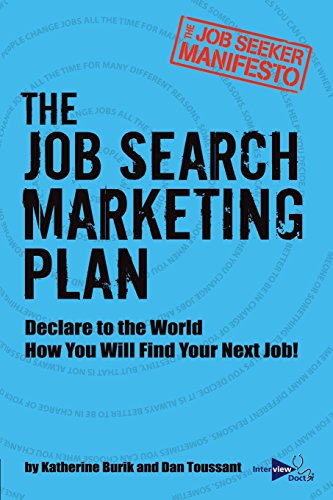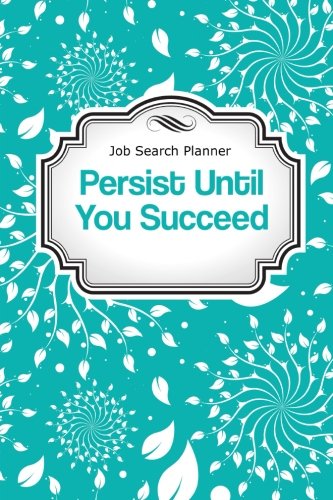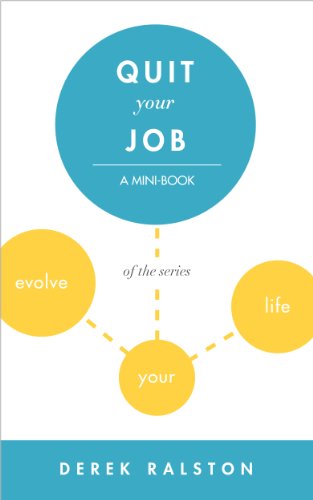We may earn a commission if you click on a product link and make a purchase at no additional cost to you. For more information, please see our disclosure policy.
Last updated: November 17, 2025
Key Takeaways
- Emotional Recovery: Coping with job loss requires acknowledging the emotional impact and rebuilding confidence to regain momentum and move forward productively.
- Focused Planning: Creating a structured job search plan clarifies priorities, streamlines tasks, and ensures you stay organized as you pursue new opportunities.
- Resume Readiness: Keeping your resume updated and refined increases your chances of making a strong impression when unexpected opportunities arise.
- Networking Power: Building and nurturing professional relationships expands access to hidden opportunities and helps you stay informed about potential openings.
- Skills Growth: Identifying gaps and investing in relevant skill development strengthens your marketability and opens doors to broader career possibilities.
Losing a job is a challenging experience, whether it was anticipated or a sudden surprise. In my blog post titled “I Lost My Job, Now What,” I delve into the stages of coping with job loss, which often mirror the emotions of losing a loved one. Additionally, the post offers practical guidance on the initial steps to take. While it may sound cliché, the process is akin to falling off a horse. After overcoming the initial pain, it becomes crucial to regain your momentum and initiate your job search.
When you are unemployed, it’s crucial to prioritize your job search. While it’s easy to get distracted by various tasks, redirecting your focus toward finding a new job should be your top priority. In a slightly different order from what was mentioned earlier in this paragraph, I’d like to present you with a series of essential next steps to consider as you navigate your job-seeking journey.
Your manifesto provides a unique approach to your job search reflected in your job search marketing plan
What to Consider
- Financial Stability: Assess your current financial situation, create a budget, and explore options such as unemployment benefits.
- Emotional Well-being: Prioritize self-care, seek emotional support, and maintain a positive outlook to manage the emotional impact.
- Resume Update: Review and enhance
your resume , highlighting yourskills and achievements. - Networking: Build and maintain professional connections to expand your job search network.
- Skills Development: Identify opportunities for skill improvement or
training to enhance your marketability. - Healthcare Coverage: Explore options for maintaining health
insurance , like COBRA or marketplace plans. - Severance Package: Understand the terms of your severance package, if applicable, and its impact on your finances.
- Job Search Strategy: Develop a strategic approach to job hunting, setting clear goals and timelines.
- Exploring New Industries: Consider industries beyond your previous field for potential career shifts.
- Legal Rights: Be aware of your legal rights, including employment laws and wrongful termination claims.
A straightforward and practical tool to help job seekers stay organized, focused, and motivated throughout their job search journey.
Make a Plan
When you find yourself in the challenging situation of job hunting, the first step is to craft a well-thought-out
Having a plan is just the beginning; it won’t land you a job unless you stick to it and take action. To help you stay focused and productive, consider reading Getting Things Done: The Art of Stress-Free Productivity by David Allen. This concise and engaging book provides valuable insights on how to enhance your focus and productivity, not only in your
Positive Attitude
Maintaining a positive attitude is essential when you find yourself out of work, despite the challenges it may bring. This positive outlook can significantly expedite your journey toward your goal. However, even with a well-thought-out plan of action, several factors can hinder your chances of being hired. These include being unprepared for interviews, having a resume that falls short of expectations, and not effectively leveraging your social network.
To secure that next job opportunity, it’s crucial to address these potential roadblocks in your
This book shatters stereotypes about people who dislike networking. They’re not shy or misanthropic. Rather, they tend to be reflective—they think before they talk.
Resumes
It’s essential to maintain an up-to-date resume, even when you’re not actively seeking employment. A prudent practice is to review and revise your resume approximately every six months. If you haven’t crafted a resume yet, now is an opportune moment to create one. And if you already have a resume, it’s a wise move to revisit and update it periodically.
If you feel confident in creating or revising your resume independently, go ahead. However, if you require assistance, free resume review services are available, such as TopResume’s complimentary resume review option, to help ensure
Other Resources for Your Resume :
- A Simple Guide to Building the Perfect Resume – This article covers everything from gathering information and selecting a format to choosing fonts and emphasizing the importance of keywords,
skills , and experience. It also discusses creating multiple resumes for different scenarios. A great resume combines aesthetics with compelling content, effectively showcasing yourskills . - Resumes that Work – Sometimes it’s easier to see a format and work from there than to start from scratch. The examples in this book should help you when creating and updating your resume.
- Knock ’em Dead Resumes: How to Write a Killer Resume That Gets You Job Interviews – Another good resource for resumes with lots of great tips. There is a step-by-step guide for writing resumes as well as additional information on getting interviews. Once you get “the offer”, there is a good section on negotiating the best offer. The book includes strategies that have been proven to work.
Decide When to Leave and What to Do After (Evolve Your Life: Mini-Books For Finding Happiness Book 5)
Cover Letters
Never underestimate the significance of including a cover letter when submitting
For valuable tips and insights on how to write an effective
Social Networks
Lastly, don’t overlook the power of social networks in your
This resource provides valuable insights to help you enhance your LinkedIn profile and increase your visibility in the job market. So, remember that social networks, particularly LinkedIn, can be a game-changer in your job hunt, both for actively seeking opportunities and for potential employers to discover you.
This book is about getting one's life in order and moving on after career setbacks. The book shares a number of anecdotes from personal experiences, intending that the book be both instructional and motivational in its tone.
Further Guidance & Tools
- Emotional Support: Read Mayo Clinic’s stress relief guidance for practical techniques to manage anxiety and protect your well-being after job loss.
- Coping Steps: Use MindTools’ job loss recovery guide to structure your emotional recovery and plan a confident return to work.
- Resume Check: Visit ResumeGenius’ free review roundup to find reputable tools that evaluate and strengthen
your resume before applying again. - LinkedIn Playbook: Download LinkedIn for Job Seekers to improve your profile, expand
your network , and attract more recruiter interest. - Career Data: Explore the BLS Occupational Outlook Handbook to research demand, pay, and long-term prospects for roles you may target next.
Next Steps
- Create a concise job
search plan that outlines your priorities, target roles, and daily habits, ensuring your efforts remain purposeful and focused. - Review your finances, create a lean
budget , and identifyexpenses that can be reduced while protecting essentials such as healthcare, housing, and key jobsearch tools. - Update
your resume to highlight recent achievements, quantify results, and align language with the roles you are now most interested in pursuing. - Audit your online presence, refine your
LinkedIn profile , and remove any content from social media that could negatively impact employer perceptions of your professionalism. - Reach out to contacts, share that you are exploring opportunities, and ask for their insights on industries, companies, or roles that align with your
strengths .
This clear and simple guide provides tons of practical advice for keeping track of your finances. With useful tips on setting financial goals, reducing debt, finding ways to save money, and creating and following a budget plan, you’ll have your dollars and cents under control in no time.
Final Words
Job loss can shake your confidence, but it also creates space to rethink priorities, rebuild your toolkit, and pursue work that fits you better. By caring for your finances, mindset, documents, and network, you turn a setback into a reset. Stay intentional, stay curious, and let each small step move you closer to the next right opportunity.
Mark Fiebert is a former finance executive who hired and managed dozens of professionals during his 30-plus-year career. He now shares expert job search, resume, and career advice on CareerAlley.com.









